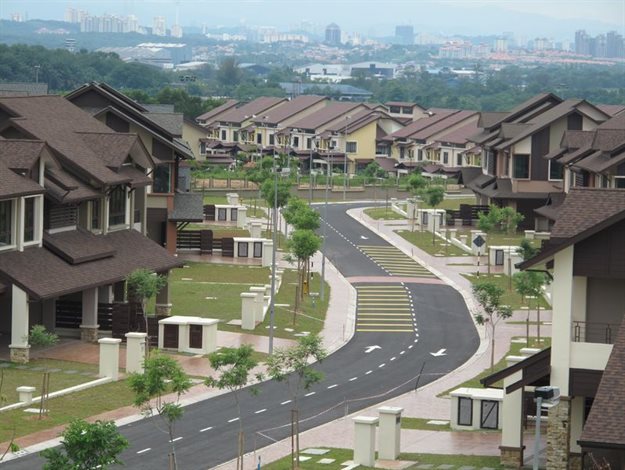
Top stories






More news


Marketing & Media
Ads are coming to AI. Does that really have to be such a bad thing?














“Many annual general meetings (AGMs) have been delayed as a result of Covid and this could have potentially big impacts on the budgets and financial well-being of residential community schemes,” says Schaefer.
Legislation prescribes that an AGM must be held within four months of the financial year-end for sectional title bodies corporate and within six months for home owners associations.
“We anticipate that managing agents and trustees will be grappling with the holding of AGMs - which are challenging at the best of times. AGMs are important for a multitude of reasons, one being it is typically where the budget for the effective operational management and maintenance of the scheme is approved,” says Schaefer.
The practical implication of the delay is that budgets are only likely to be approved well into the new financial year, meaning income remains static but costs don’t. The reality is that schemes often get into financial distress because members typically produce budgets that are too lean and overlook arrears - which are seldom budgeted for from a cash flow perspective.
Schaefer says legislation allows for trustees to increase levies up to a maximum of 10% without owner approval.
“All schemes that have passed their financial year-ends and have not had an AGM, due to Covid or other reasons, should at least pass an automatic inflationary increase to guard against financial slippage and cost creep,” he suggests.
The economic impact of Covid is a timely reminder to all owners in bodies corporate or community property schemes to take stock of the expenses on their buildings, many of which may have been forced to do so during the pandemic. Owners are entitled to any information relating to the finances of their building and they should take an active interest in this.
Schaefer says that people widely accept that there will be an annual levy increase. “You have to keep pace with the operational and maintenance costs on a property; contractors, cleaners and security guards, all have to be paid.”
He cautions not to fall into the easy trap of delaying or cancelling planned maintenance at this time. “Owners are often put off because they think they can’t afford the maintenance, but it needn’t be cost-prohibitive, it can be smartly financed leading to savings that in the longer term far offset the initial outlay.”
“Trustees are often unaware of the scope and complexity of maintenance work. My advice would be to get a proper assessment of what your building needs.”
“Trustees need credible and independent information to make the right decisions and fulfil their fiduciary responsibility. It has to be done. Think of the cost of not doing the right thing,” concludes Schaefer.